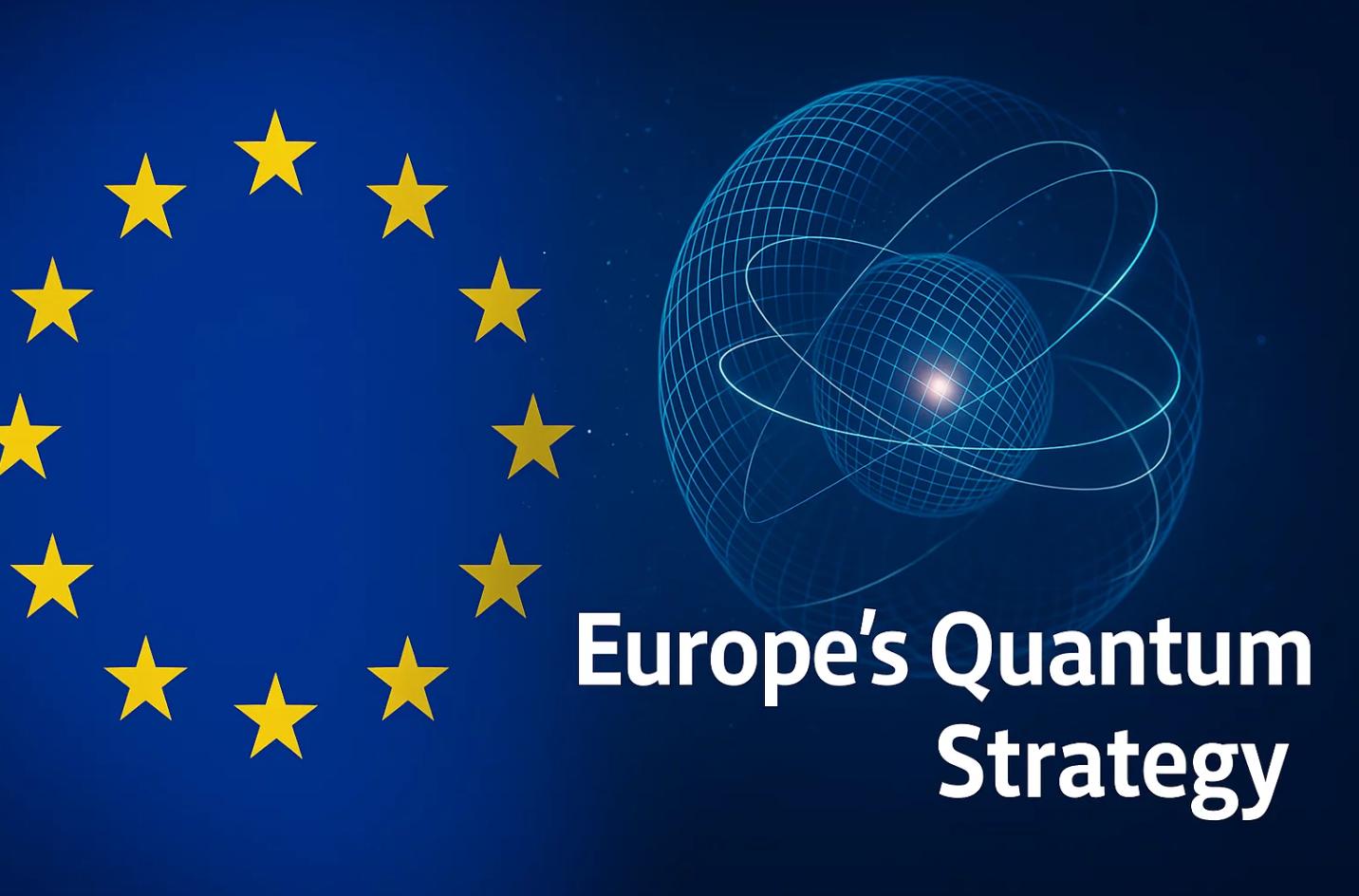
The European Commission recently released its latest quantum strategy, which aims to promote quantum research and innovation by unifying the goals of member states, further consolidate Europe's leadership in quantum technology, and ultimately transform it into a competitive advantage in the global economy.
First, Hannah Virkkunen, the EU Commissioner for Technological Sovereignty, said when announcing the plan on July 2: "Quantum technology will profoundly change our economic landscape. It can not only meet complex social challenges, but also promote the development of new drugs and protect critical information infrastructure." She emphasized that the wide application of quantum technology may also extend to the fields of defense and security, including ensuring secure communications and improving battlefield sensing capabilities.
Secondly, quantum technology uses the basic principles of quantum mechanics and has the potential to solve complex problems that traditional computers cannot cope with. It can not only develop more accurate sensors, but also provide stronger security for protecting sensitive data. With the continuous advancement of quantum computers, existing encryption technology and security measures will face new challenges, and the rapid development of quantum technology has made innovation in this field more urgent.
At the same time, according to data from the European Commission, Europe is a global leader in the number of academic research and publications in the field of quantum science, and has cultivated a large ecosystem of start-ups. However, the EU is still insufficient in grasping patent applications and commercialization opportunities, and there is still a gap from real technology transformation and marketization.
In the past five years, the EU has invested nearly 2 billion euros in quantum technology, and member governments have invested an additional 9 billion euros. Despite this, Virkkunen pointed out that Europe's quantum ecosystem still appears "fragile" due to the fragmentation of national support policies and insufficient private capital investment. The EU currently attracts only 5% of global private quantum investment, while the United States accounts for more than 50% of the market share. "This gap makes European start-ups face great challenges in the process from research and development to industrialization," Virkkunen said.
In this regard, the European science and technology community supports this strategy, but also points out the key to implementation. Juha Valtiainen, chief global affairs officer of Finland's IQM Quantum Computing, believes that this strategy reflects Europe's long-term planning and ambition for the future. He said: "If we can act quickly, focus on promoting the scale of quantum technology and build an integrated European quantum ecosystem, Europe will not only keep up with the global technological pace, but also have the opportunity to lead the world in the era of artificial intelligence driven by quantum technology." In addition, Cecilia Bonefeld-Dahl, director general of the industry association Digital Europe, also emphasized: "Quantum technology is the key to Europe's redefinition of global technological leadership, but we can't stay on paper. We must accelerate action, especially to incentivize investment, strengthen cross-border procurement, and attract the world's top talent." She also said that the EU should avoid excessive regulation before the quantum industry is mature. Finally, the EU's quantum strategic plan is visionary, but it also faces a series of challenges. From policy coordination to capital investment, from the transformation of scientific research results to market-oriented applications, the EU needs to make coordination and breakthroughs in many aspects. If these goals can be implemented smoothly, Europe is expected to occupy a more advantageous position in the global quantum technology competition, not only promoting economic growth, but also bringing revolutionary changes in many fields such as national security, medical care, and energy. In summary, as a new generation of technology, quantum technology has great potential to change computing, information transmission and data security. Although the EU has put forward ambitious strategic goals, its successful implementation still depends on capital investment, cross-border cooperation and the construction of an innovation ecosystem. To take a leading position in the global quantum technology competition, the EU not only needs policy support, but also needs to improve the business environment and attract more capital. In the face of future technological and economic challenges, the EU must speed up its pace to ensure that it has an advantage in the new round of technological change.

Since 2025, the conflict between the United States and Europe over the governance of the digital economy has continued to escalate.
Since 2025, the conflict between the United States and Euro…
When German Chancellor Mertz officially announced that he w…
On December 3rd local time, the copper price on the London …
The European Commission announced a new economic security s…
The European Commission announced a new economic security s…
For nearly a year, US President Donald Trump has launched a…